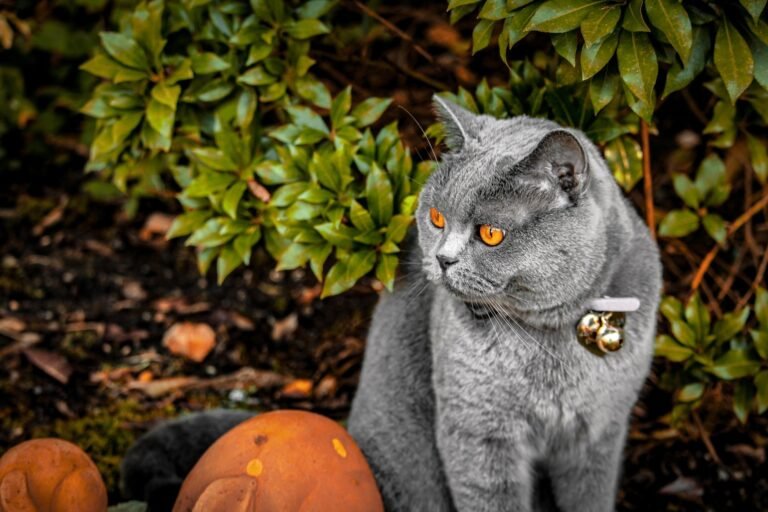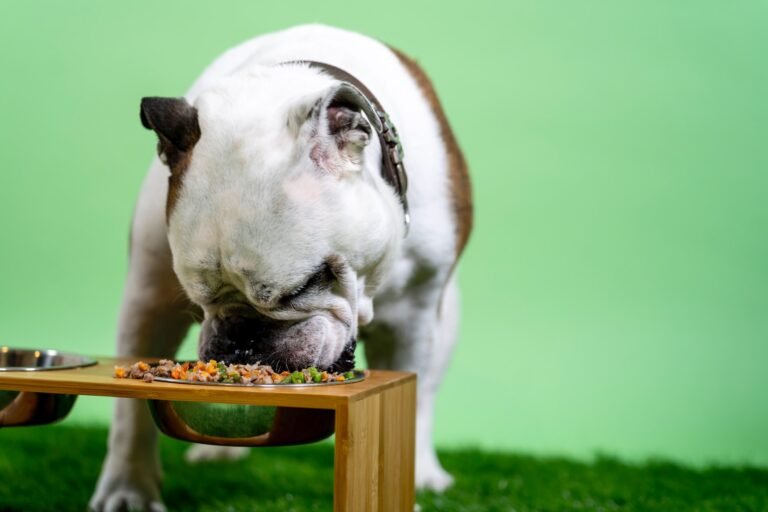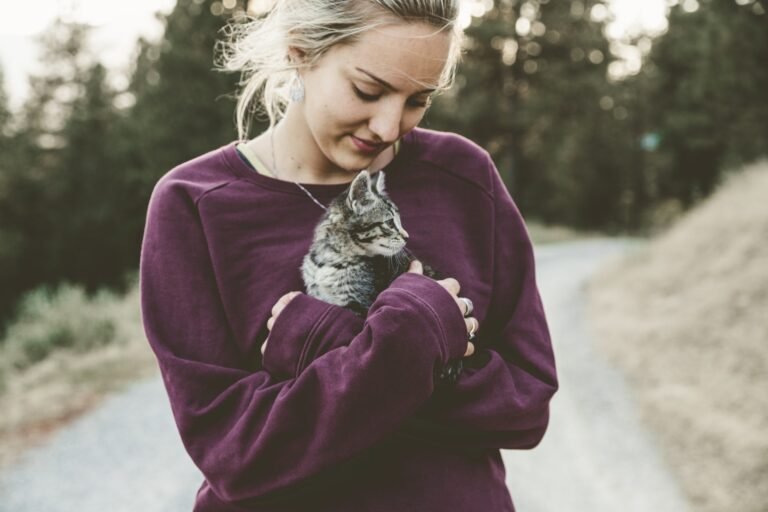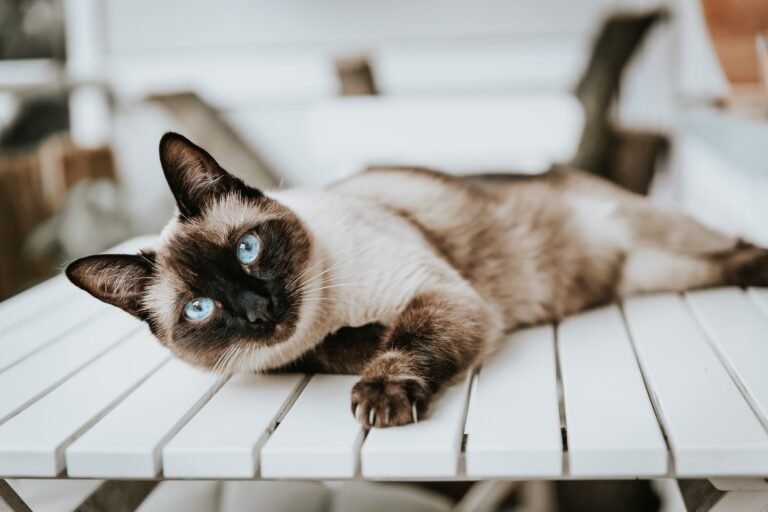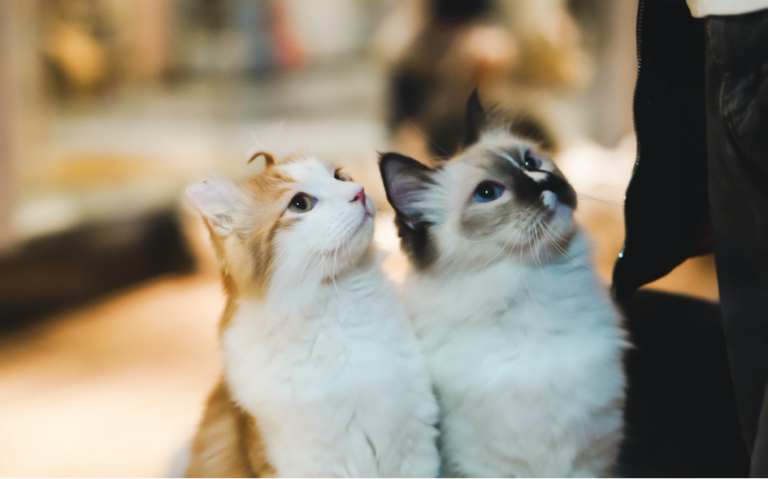Cat eat apple? it is good ?

Cat eat apple ? is apples good for cats? are apples okay for cats?You are going to know all about it in out article .
Of all the fruits, apples may be the best for cats, but be warned, they shouldn’t be a regular part of their diet. However, there is one clear consideration to make when giving apples to our little felines, and that is to remove all the seeds, as these could cause serious cyanide poisoning.
Want to know if your cat can eat apples? Well, continue reading this article from PlanèteAnimal and you will discover the benefits of apples for cats as well as the contraindications to take into account!
Are apples good for cats?
Apples are very digestive and astringent fruits that are grown all over the world. Native to Central Asia, they have been cultivated in Europe and Asia for thousands of years and were introduced to the Americas by European settlers.
Apples, in addition to being fruits that provide plenty of fluids and vitamins, have mythological and religious significance in Greek, Nordic and Christian cultures.
However, despite their many benefits, apples are not entirely suitable for cats due to the high amount of sugar they contain. Despite this, it cannot be said that it is a forbidden food for this species, since in small quantities, from time to time, it is not harmful.
Apart from the fact that excess sugar is bad for any organism, cats are strict carnivores, so they are designed to get their energy and necessary glucose from fat and protein catabolization, which is why they must eat meat. Therefore, they do not need carbohydrate sources such as grains, fruits, or tubers.

Benefits of apple for cats:
Because they contain in their composition large amounts of soluble and insoluble fibers, which facilitate intestinal peristalsis and, therefore, stools, apples are excellent allies against certain intestinal transit problems such as constipation or megacolon.
However, suppose they have this laxative effect. In that case, they are astringent because they help with loose stools and diarrhea thanks to their ability to reduce intestinal inflammation and excess water, which facilitates the formation of good stools. consistency.
In addition to these benefits, apples provide many nutrients to our cats, including:
- Vitamin C
- Group B vitamins (B1, B2, B6)
- Calcium
- Potassium
- Phosphorus
- Antioxidants
- Flavonoids
- Polyphenols
Apples also contain quercetin, a phytochemical that helps prevent cardiovascular disease, asthma, arthritis, and muscle problems, as well as malic and tartaric acid, which help digest fats.
How to give an apple to a cat?
To avoid damaging his body, you should know that the introduction of the new food into a cat’s diet must be done gradually.
Therefore, if you want to give your cat an apple, the best thing to do is to start by giving him a small piece to see if he likes it or not.
Of course, remove the skin because it is difficult to chew and, in addition, it may contain chemical residues, which can be toxic for the cat. It is also essential to remove the stem, seeds, and core of the apple.
Especially if your cat is gluttonous or tends to eat without chewing, it is advisable to cut the apple into small pieces before offering it to your cat to prevent choking or choking. You can also crush it to make it even easier to swallow.
You can also mix apple chunks with other cat-friendly foods, such as meat or fish. In the attached video, we tell you absolutely everything about cat food.

Apple contraindications for a cat:
A diabetic cat should never eat apples because, as we explained to you above, apple is very rich in glucose and it could completely unbalance the blood sugar of a diabetic cat.
Another aspect to take into account when giving apples to a cat is to remember to remove the seeds carefully, as they can poison cats due to their high cyanide content.
Cyanide binds to the ferric ion of an enzyme, responsible for cellular respiration, in the mitochondria of cells.
When attached, it blocks the reaction of cellular respiration (oxidative phosphorylation), thus preventing cells from using oxygen, resulting in tissues being left without oxygen and a process of tissue anoxia occurring, causing symptoms in cats such as:
- Loss of equilibrium
- Instability
- Dilated pupils
- Increased salivation
- Bright red gums and mucous membranes
- Dyspnea
- Seizures
- Relaxation of the sphincters
- muscle tremors
- Shock and death
Because of this potential danger, you must be very careful when giving apples to a cat.
you must absolutely prevent it from ingesting these seeds by accident, as they are potentially fatal.

